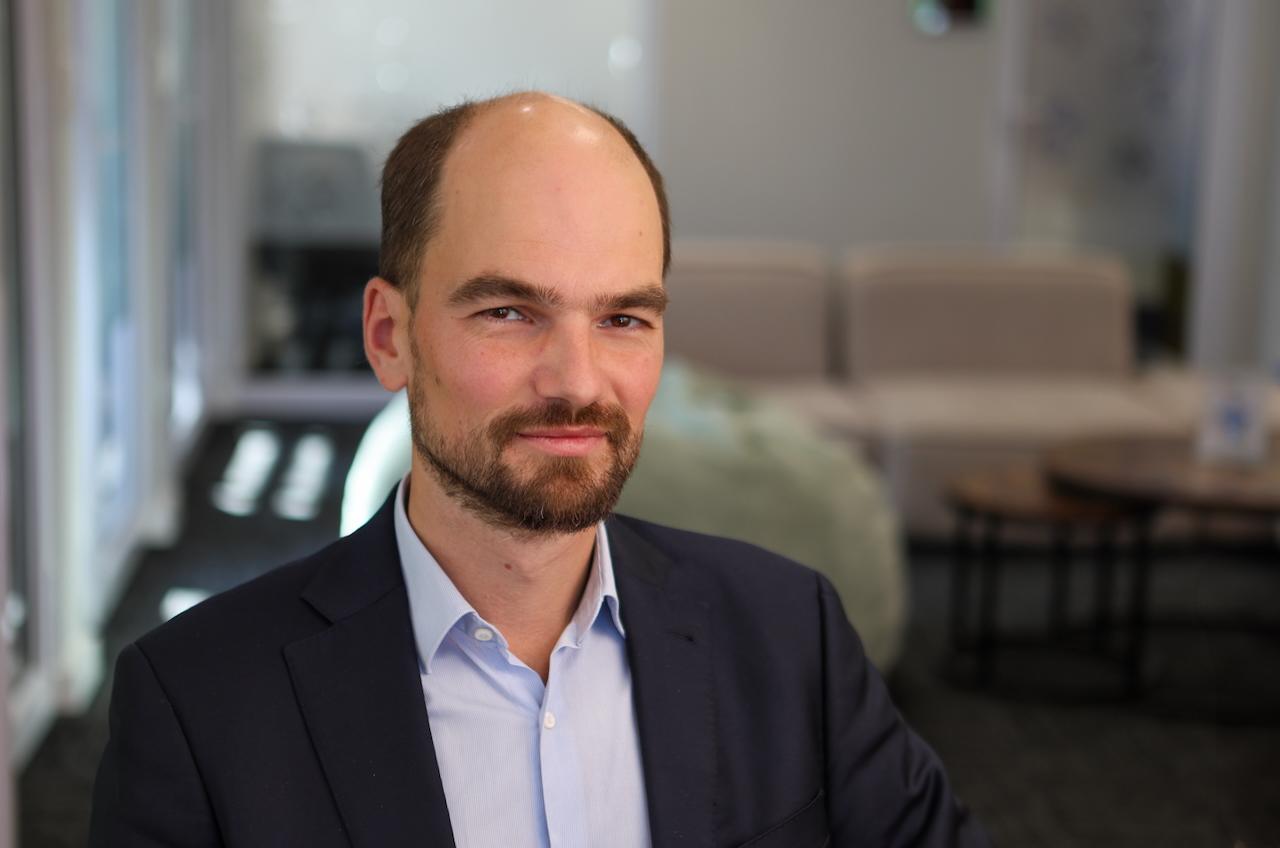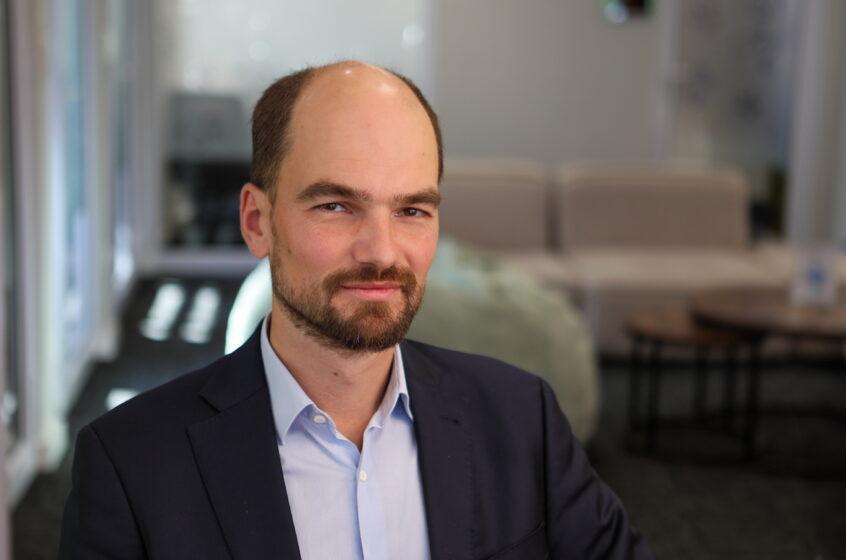
EDF Renewables and EDF Group International Division have combined their expertise to form EDF power solutions. This strategic move consolidates international capabilities under a single entity globally, strengthening the company’s ability to deliver integrated low carbon and renewable energy solutions across the board.
By leveraging technology, commercial, and geographical synergies, the business is well-positioned to support partners and customers in regions where it operates as an Independent Power Producer (IPP), with a strong focus on delivering decarbonised energy.
“EDF power solutions stands ready to support all existing and new clients in their transition to renewable energy across 25 countries, with multi-technology expertise in wind, solar, hybrid, hydropower and pump hydro storage, battery energy storage systems (BESS) and biomass,” says Tristan de Drouas, VP of EDF power solutions (Southern Africa).
For EDF power solutions, this is more than a brand change, it represents a significant shift in the company’s operational approach. The EDF group is reinforcing its commitment to providing integrated, scalable, and flexible low-carbon energy solutions, tailored to meet the diverse needs of public and private sector stakeholders. With a gross installed capacity of 31 GW in its low-carbon electricity generation portfolio and 10 000 employees across 25 countries, EDF power solutions delivers competitive, responsible, and value-driven projects that support decarbonisation and the development of more efficient electrical grids in the fight against climate change.
Supporting the evolution of South Africa’s energy landscape
EDF power solutions is actively contributing to the unbundling and modernisation of South Africa’s energy infrastructure.
“We are currently constructing 1.5 gigawatts (GW) of generation capacity in South Africa, on 11 renewable energy sites for both government and private clients. The projects are expected to come online between the end of 2025 and 2026. They include solar farms, battery energy storage systems (BESS), wind energy facilities (WEFs), the construction of a Main Transmission Substation (MTS) for the National Utility,” says de Drouas.
“With approximately 40% of project value sourced locally and 1% of revenue committed to socio-economic development, our approach is rooted in sustainability, innovation, and partnership.”
“With proven expertise and technical capacity, EDF power solutions is equipped to support both the national utility and broader stakeholders through this transformation and anticipates further involvement in grid infrastructure as the country transitions towards decentralised generation and wheeling frameworks,” says de Drouas.
“We have seen rapid growth in the demand from private offtakers seeking to source their electricity directly from private players and IPP’s such as EDF power solutions. This shift towards private sourcing introduces a range of new requirements for Eskom. It has always been, and remains, our intention to continue supporting the National Utility in addressing the evolving demands of this transition, whether in the generation or transmission domain.
Unlocking hydropower potential in Southern Africa and Lesotho
Hydropower is set to become a key component of Southern Africa’s renewable energy future, with EDF power solutions strategically positioning itself as a leading force in this transition. This is particularly evident in South Africa’s Integrated Resource Plan (IRP), which highlights the commitment of the government and National Utility to incorporating hydropower in the renewable energy mix, making South Africa and Lesotho particularly well-suited because of their significant hydropower potential.
“EDF as a group has long been a leader in the Hydropower industry,” says de Drouas.
“In Africa, the Nachtigal hydro plant, which EDF power solutions built in Cameroon became operational on 18 March 2025. This flagship project delivers 420 megawatts (MW), supplying 30% of Cameroon’s electricity needs. It serves as a model that EDF power solutions intends to replicate across Southern Africa, with projects currently under construction in Malawi, Mozambique, and Madagascar. These initiatives demonstrate that EDF power solutions will lead the integration of hydropower projects into the region’s electrical systems.
“As policies and frameworks for future hydropower development take shape, EDF power solutions stands ready to contribute and is committed to working closely with local governments. The company prides itself on being a strong technical player, not just a developer.”
Enhancing grid resilience with battery and hybrid power technologies
The rapid adoption of intermittent renewable technologies, driven primarily by local initiatives and fast implementation, presents challenges for the stability of the national grid. Over the last 15 to 20 years, regions worldwide have experience rapid growth in renewable energy.
“That is why we see a clear need in South Africa for the integration of battery solutions into the grid, not only to complement solar plants and wind farms, but also to help stabilise grid tension and frequency, and merchant. This is a technology EDF power solutions has mastered locally, with reference projects already underway,” says de Drouas.
“Our Oasis 2 project, awarded in the second bid window of the Battery Energy Storage Independent Power Producer Procurement Programme (BESIPPPP), exemplifies this shift. With 77 MW of capacity and 308 MWh of storage, it is designed to stabilise supply and enhance grid resilience. These technologies are critical to unlocking the full potential of intermittent renewable energy like wind and solar.”
EDF power solutions differentiates itself by implementing complex solutions that integrate battery systems on client premises, within its renewable generation facilities, or near grid infrastructure. These solutions help mitigate the effects of intermittency and support the broader shift from a centralised energy model, historically reliant on large coal-fired plants, to a more decentralised grid, where power generation is increasingly distributed.
Enabling renewable energy integration in South Africa
EDF power solutions is responding to the ongoing power shortage in Southern Africa by rapidly increasing its renewable energy projects. De Drouas, states that the EDF group plan to maintain this growth, by building on average 500 MW of new projects annually until 2030, on top of the 1500 MW of wind, solar and battery assets that we currently have under construction. These infrastructures will contribute to the upliftment of communities, providing access to an affordable and reliable electricity, and social economic development initiative.
A significant part of this growth comes from Envusa Energy, a joint venture between Anglo American and EDF Power Solutions and Anglo American. Envusa Energy focuses on providing renewable energy solutions to the commercial and hard-to-abate sectors.
Envusa Energy aims to develop between 3 and 5 GW of renewable energy capacity by 2030, already delivering customised power purchase agreements and energy management strategies to large energy consumers.
“With this vehicle, we have the ambition to serve other clients across the region to help with their needs for their own energy transition towards a low-carbon sourcing of electricity,” says de Drouas.
